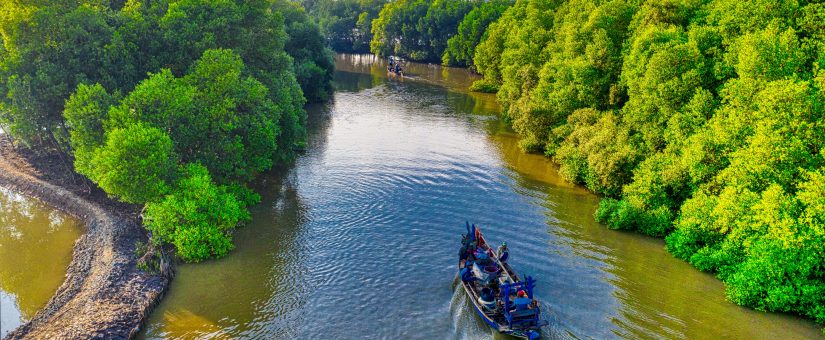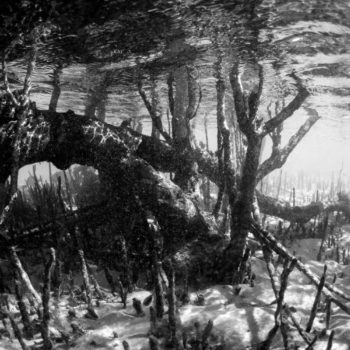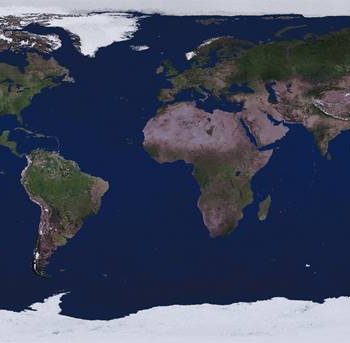
There are cross-benefits to protecting coastal wetlands in the wake of COVID-19
- Posted by Ellen Ditria
- On May 22, 2020
Dr Ryan Pearson
The effects of COVID-19 on the world has been profound. It’s had us re-evaluating intergovernmental, trade and personal relationships, and forced a rethink of consumer needs. Environmental groups have been encouraging people to eat more fish in response to this pandemic. Consumer surveys during the pandemic have also highlighted greater apprehension about receiving goods from certain countries, alongside increases in online purchases and groceries as people find need to cook more meals at home. So, it’s already changed many parts of our lives, maybe forever, but how will this pandemic affect the world’s biodiversity?
We can’t possibly know how everything will play out, but as the world goes into recovery mode we could choose to apply tactics that promote positive outcomes for biodiversity. In fact, many strategies that protect biodiversity also have benefits for combating climate change, safeguarding supply chains, and protecting human health. And that’s exactly what we discuss in our recent letter in the Journal Science.
But here, I want to talk about how COVID-19 could be a platform to implement better protections for coastal wetlands, particularly due to some interdependencies between human health, food security, and healthy habitats.

Mangroves, seagrasses, and saltmarshes provide endless ecosystem services in combating climate change, protecting coastlines, supporting fisheries, and much, much more. Unfortunately, these vital habitats have been suffering, with losses of more than 50% worldwide, and regional wetland ecosystems at high risk of collapse.
This type of habitat and biodiversity loss has been linked to higher likelihood of new diseases. COVID-19 is believed to have emerged due to consumption of wild mammals like pangolins and bats. In general, protecting habitat and biodiversity is well known to reduce the risk of future pandemics. That half of the world’s pangolin species and many bats inhabit mangrove ecosystems forces speculation about how protecting mangroves could reduce our exposure to the pathogens they’re potentially carrying.
Beyond speculation about any effects of direct associations with the animals linked to this virus, coastal wetlands provide many more benefits that help humanity and increase social well-being and resilience. These benefits can minimise the risk of compounding stressors when future pandemics arise and, in doing so, avoid pushing us beyond a societal breaking point under such circumstances.
Coastal wetlands support fisheries, with healthier wetlands linked to higher fish catches. They also minimise our exposure to, and impacts from, other catastrophes like storm events, tsunamis, and climate change. Events that are difficult to manage even without the added stress of emerging diseases.
Ultimately, improving protection of coastal wetlands as the world reboots from COVID-19 lockdowns could lead to improved food security, social and environmental resilience, and reduce the risk of new disease emergence. And these are just some of the cross-benefits that healthy coastal wetland ecosystems provide in the face of catastrophe and uncertainty.




0 Comments